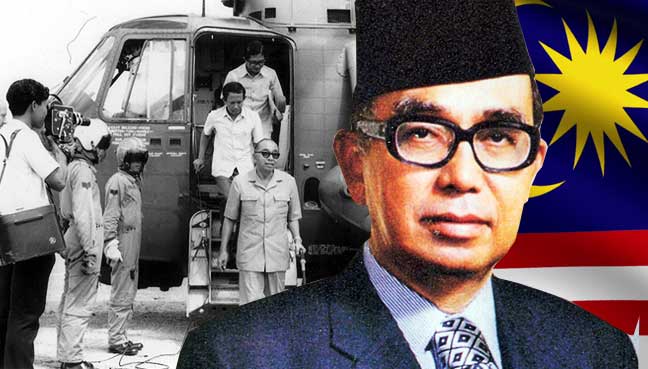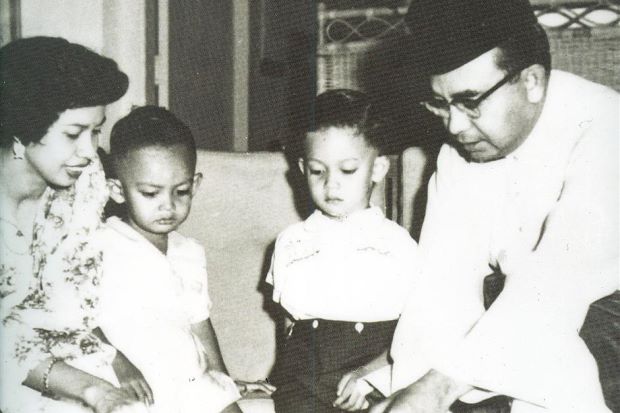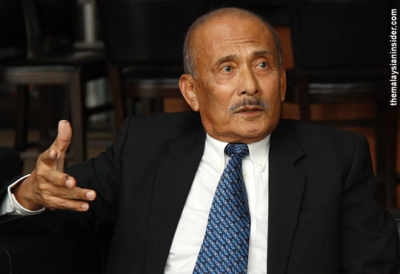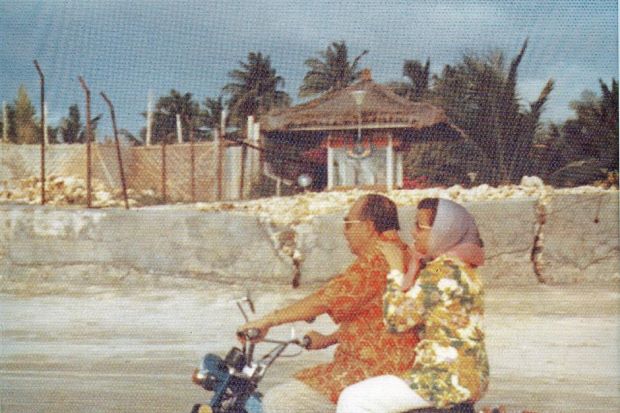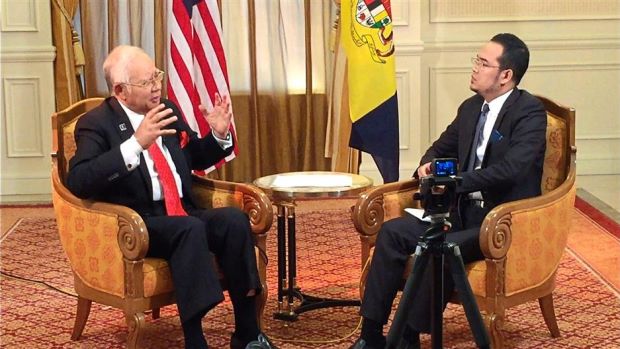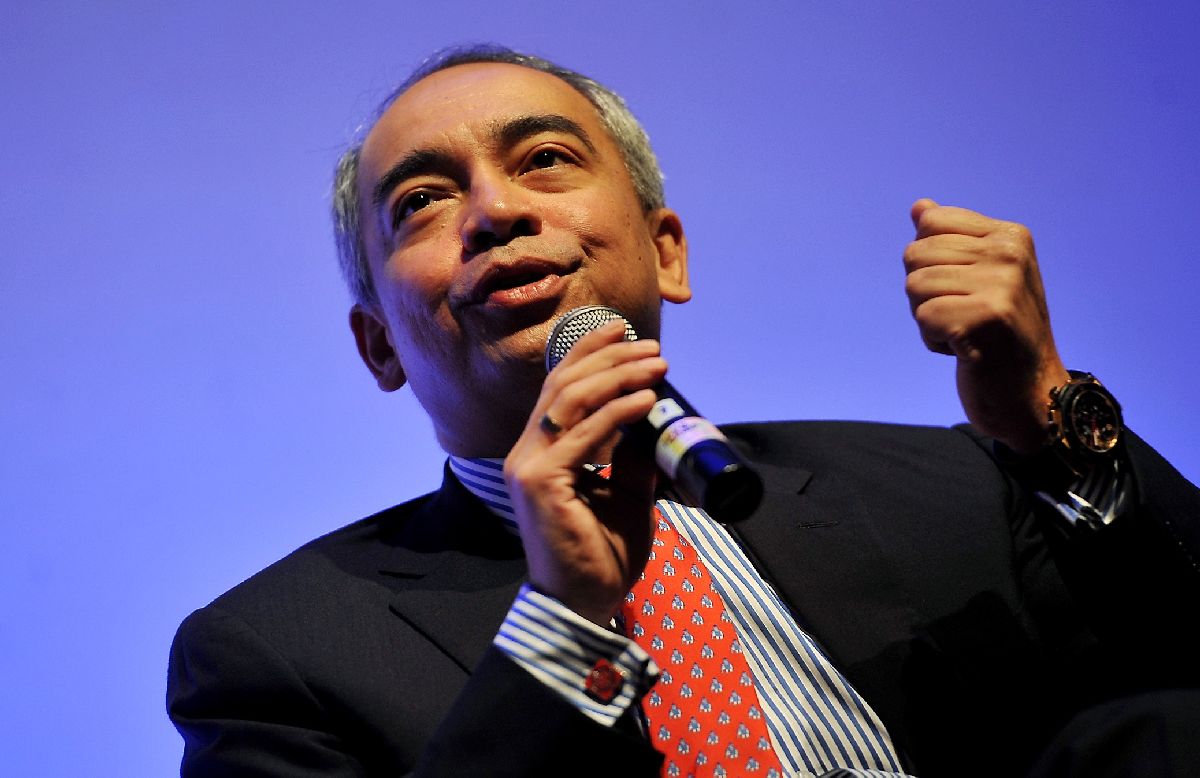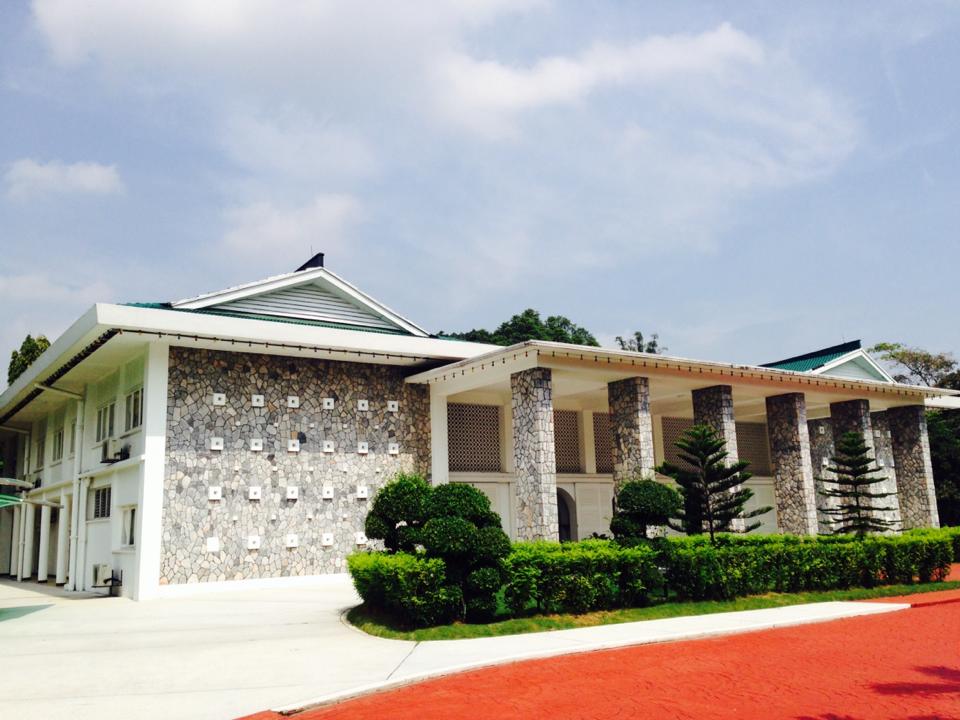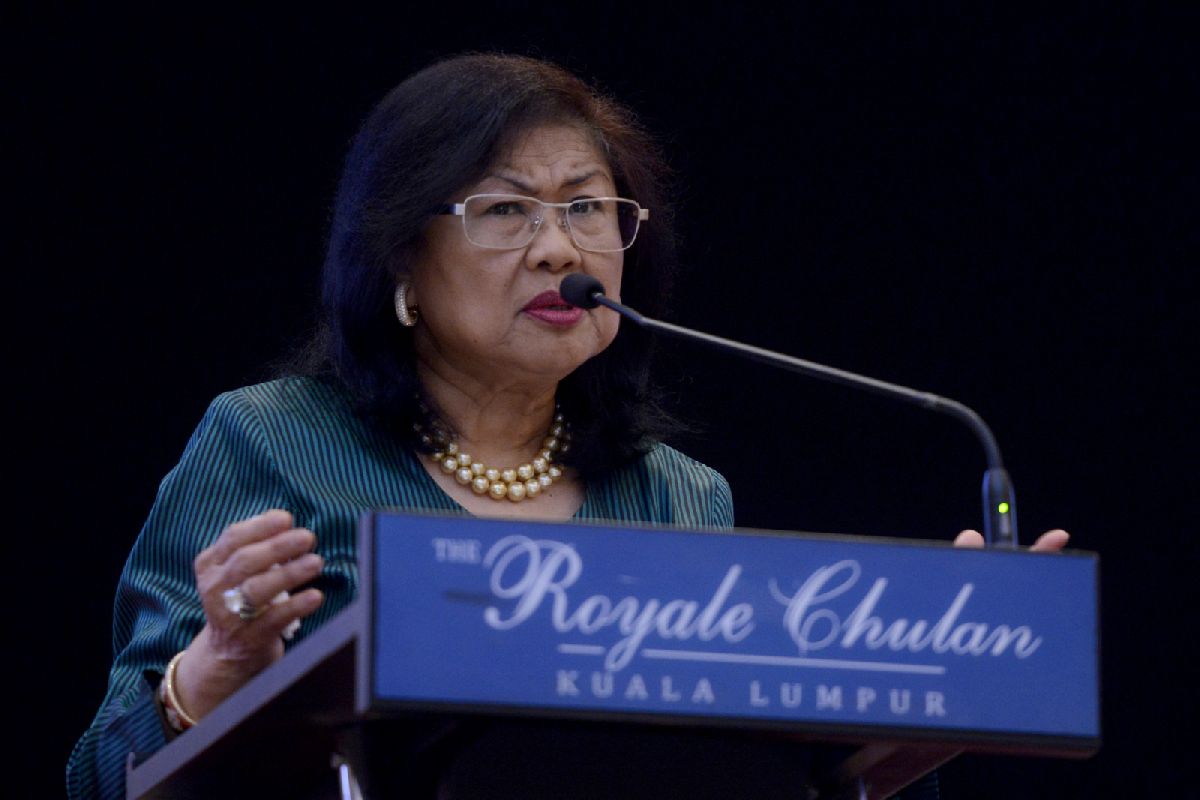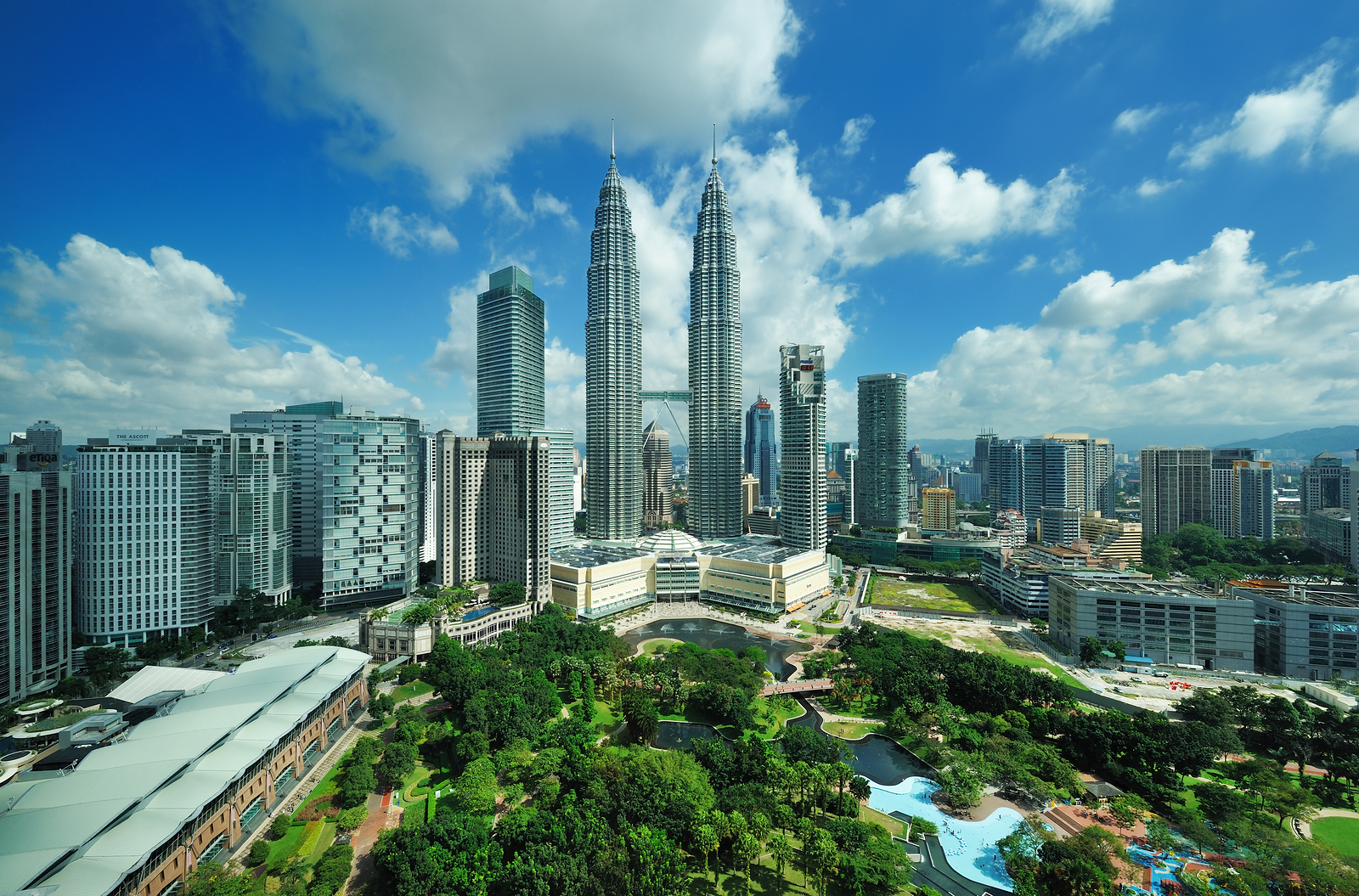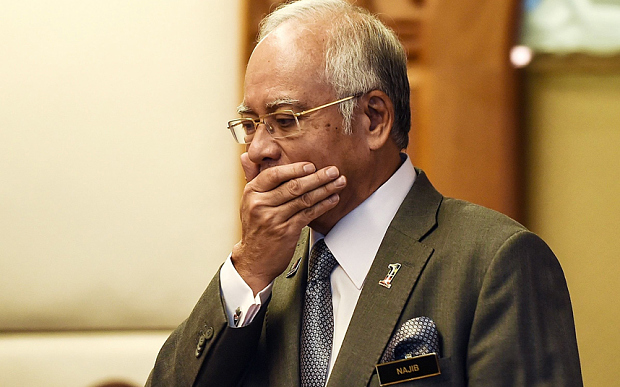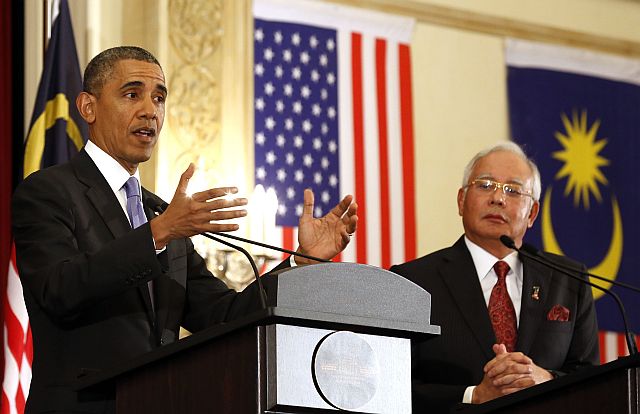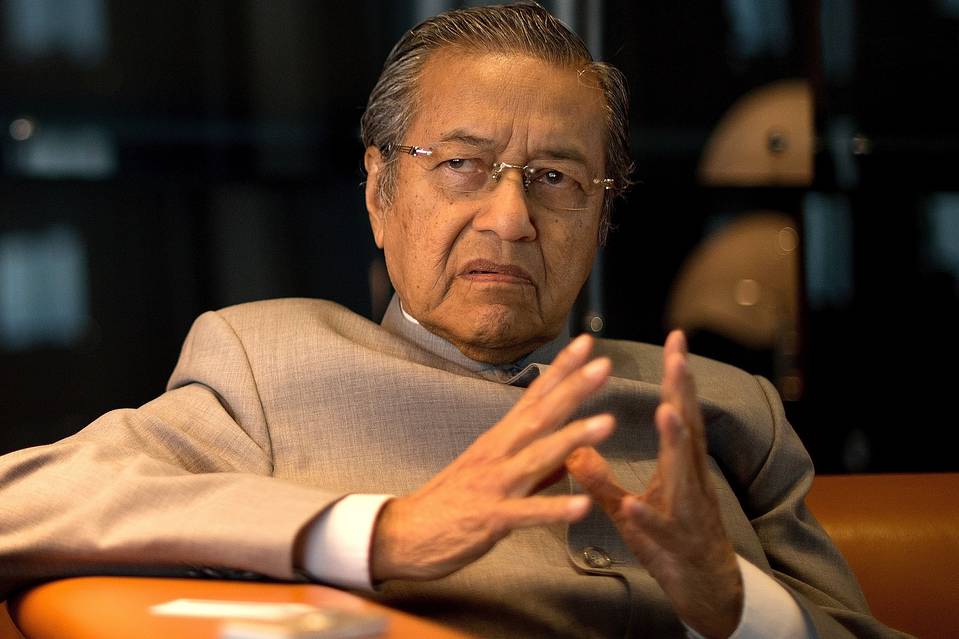Former PM Tun Razak Was Kind, Simple, And Even Went To School Barefoot, Says Aide
A look at how times have changed since the leadership of Malaysia's second prime minister, Tun Abdul Razak Hussein.
Yesterday, 14 January, marked the 40th anniversary of former prime minister, Tun Abdul Razak Hussein's untimely death at the age of 54 in 1976.
The second prime minister of Malaysia is known to be the powerful leader who brought the nation back from the dark depths of the May 13 riots with his new economy policies
Tun Razak was elected as the second prime minister of Malaysia in September 1970, a little over a year after the 13 May 1969 racial riots.
He went on to set up the ruling coalition party, Barisan Nasional as a replacement to the Alliance Party that was established on 30 October 1957.
Well known for launching the Malaysian New Economic Policy (MNEP) in 1971, one of Tun Razak's main focus as the prime minister was eradicating poverty and reviving the economy to eliminate the social disparity that fueled racial issues in the country.
Tun Razak passed away on 14 January 1976 after battling leukemia for almost a decade.
Prominent politicians, family and friends of the former prime minister have come forward, sharing their stories about the exemplary leader and his visionary ways
Tun Rahah and Tun Razak with their sons, Najib (second right) and Ahmad Johari
Image via The Star/Photo from Tun Razak: Profile Of A Patriot by Tan Sri Zainuddin MaidinLooking back at the olden days, former inspector-general of police Tun Hanif Omar, that served as Tun Razak's aid, spoke about his humble ways and how careful he was with spending government funds
Datin Kalsom Taib, the daughter of a good friend, Tan Sri Taib Andak, described how Razak would tell his wife, Tun Raha Noah, that she had to pay her own way if she wanted to come with him on official trips.
“He was always mindful of spending the public’s money to the point of being frugal,” said Kalsom, in her speech at an event to commemorate the 40th anniversary of Razak’s death.
Kalsom also told of how Razak refused to replace the curtains in the official residence as he was careful about how he used public funds.
“When Raha wanted to follow on an official visit to Kelantan he said you have to go on your own and hire your own car. Same as when they had to go to Myanmar.
“When someone brought him to a real diamond shop, he refused to go in and told the person I can’t buy real diamonds because I am not as rich as you and walked out of the house,” added Hanif, while reminiscing about the former PM's thriftiness.
Tun Razak and Tun Rahah cruising on a motorbike while on holiday in Bali in 1974
Image via The Star/Photo from Tun Razak: Profile Of A Patriot by Tan Sri Zainuddin MaidinHanif, who was Razak’s aide-de-camp, told how during a trip to Cairo, Egypt, he had asked someone to bring him to a shop that sold paste, which is used to make replica gems, so that he could get a gift for Raha.
Hanif recounted how Razak ordered the police to stop people from gambling at the Perak and Pahang palaces.
“These officers at first were reluctant to carry out these orders as they did not want to arrest people while in the presence of the Sultans. But Razak was uncompromising on this.”
In a recent interview with RTM about Tun Razak, his son, Prime Minister Datuk Seri Najib Razak, said that his father led a very simple life, dedicating his life to eradicating poverty in Malaysia
Tun Razak was born on March 11, 1922, in Pekan, Pahang. His father, Datuk Hussein Mohd Taib, carried the title of Orang Kaya Indera Shah Bandar Pahang.
“Although he was the son of an aristocrat, Tun Razak did not grow up in luxury – quite the opposite actually as times were tough back then,” said Najib in a recent interview with RTM in conjunction with the 40th anniversary of his father’s passing.
Tun Razak went to school barefoot, and his school did not even have a blackboard so the pupils had to work out their sums on sand.
“Because he came from a poor family, he had an acute awareness that if ever he would come to hold a high position in government, he would help bring about change in the country,” said Najib.
When asked about his father's values and visions as a leader, Najib stressed that it is crucial for Malaysians to keep working on withholding the golden principles of former leaders on unity, peace and freedom
During the interview, Najib was told of a 1976 New Year’s speech Tun Razak delivered just two weeks before he died. In it, he expressed his confidence that, “God willing, if the 12 million people of Malaysia really unite and have a desire to live in peace and freedom, there is no power anywhere which can oppose our desire and aim”.
“That excerpt of his speech, if I were to use even today, would still be relevant because the principles of our struggle remain the same.
“What’s important is for successive generations of Malaysians to continue the struggle started by Tunku Abdul Rahman, Tun Razak and others.
“That is the best way for us to honour our past leaders who have contributed so much to us: by building on what they have put in place and taking Malaysia to a higher level of success.”
Noting that the nation has come a long way since, Razak's youngest son, CIMB Group Chairman Datuk Seri Nazir Razak said that his father would have been very proud of the country's economic development and strong global connections
If he could see the Malaysia of today, I think Tun Razak would be proudest about how much poverty has been eradicated and the emergence of a large Malay middle class, both of which he saw as crucial foundations of a stable and successful nation.
He would also be proud of Malaysia’s international relations - a small, non-aligned nation that has been able to progress peacefully and punch way above its weight on the global stage.
He was a key figure in the founding of Asean, which has been instrumental in maintaining peace and stability in the region.
However, the ardent critic of the political situation in Malaysia, mentioned that Razak would have also been highly disappointed with how race and religion is still an ongoing issue in the country
I think he would be disappointed by the fact that Malaysians are even more divided by race and religion today than in the 1970s, and that our version of parliamentary democracy has evolved into one where power is too concentrated, and the system of checks and balances do not function effectively.
Tun Razak realised that Malaysia was a fledgling new nation of federated states with a unique mix of races, religions and cultures. When the original system broke down in 1969, he knew we needed to recalibrate the system to cater for our own unique circumstances.
"We need a new system that caters for today’s world and today’s Malaysians. I have argued elsewhere that we need to set up the NCC2, much along the lines of Tun Razak’s NCC, to deliberate a new way forward for our nation.
The NCC2 should tackle all the hard topics around race (social contract and affirmative action), religion, government checks and balances (institutional integrity), corruption, education and so on, in the context of the new world order," he said.
Mahani Mohamad, a curator of Tun Razak Memorial, revealed that Razak was an avid gardener who grew vegetables and reared fowls as a form of relaxation
"He was a keen golfer, but he also loved to grow things, and he had a green thumb. What he planted grew," said a curator of the Tun Razak Memorial, which used to be Sri Taman, his official residence.
The two-storey house features a Californian-style design and has a Japanese courtyard. But, for all that, it was not ostentatious.
Razak did not want a swimming pool built despite the pleading of his five children, said the curator, Mahani Mohammad.
"It was too expensive, and Tun was concerned about what the rakyat would think...the people were always on his mind," Mahani said.
Speaking about the questionable state of Malaysia's education system, Tan Sri Rafidah Aziz said that Razak gave a lot of importance to the English language without ever forsaking Bahasa Malaysia
Second prime minister Tun Abdul Razak Hussein would be turning in his grave over the current state of the country’s education policy, Tan Sri Rafidah Aziz, who worked under him, said today.
“Tun Razak spoke English during meetings but there was no question about not strengthening Malay,” said the former Wanita UMNO chief, who was appointed a senator by Razak when she was only 30.
“He never thought about education that is so narrowly interpreted as to be only Malay... To hell the rest of the languages of the world.
“No, he never spoke like that. We spoke in (UMNO supreme council meetings) in English. Very rarely did we speak in Malay. We knew that was the best way to communicate as all of us were English-educated.” Rafidah said unlike the communal bridge-building that Razak was involved in after the 1969 racial riots, parochialism was now returning to politics.
40 years down the road, we are a developing country with world class infrastructure, a booming economy and recognised as a travel haven
Unfortunately, we are also riddled with international corruption scandals, deteriorating democracy, human rights and political instability
PM Najib Razak has been receiving a lot of flak from the rakyat for the messy situation the country is in now
Image via Telegraph UKPM Najib Razak has been accused of overspending government funds on unnecessary affairs and infringing on the democratic system in the country
Najib's wife, Datin Seri Rosmah Mansur too has been accused of spending the government's funds for her personal affairs
Image via The StarOur political scandals have even gained international attention, with the American justice department and the Swiss authorities running criminal investigations on Najib and the infamous 1MDB scandals
American president Barack Obama expressed concerned on the state of Malaysia's democracy
Image via The Malaysian InsiderThe eruption of these financial scandals have led to a rocky political scene in the country, with many politicians turning against the PM and his policies
Ex-PM Dr. Mahathir Mohamad has been speaking against Najib's administration and calling for his resignation
Image via The Wall Street Journal